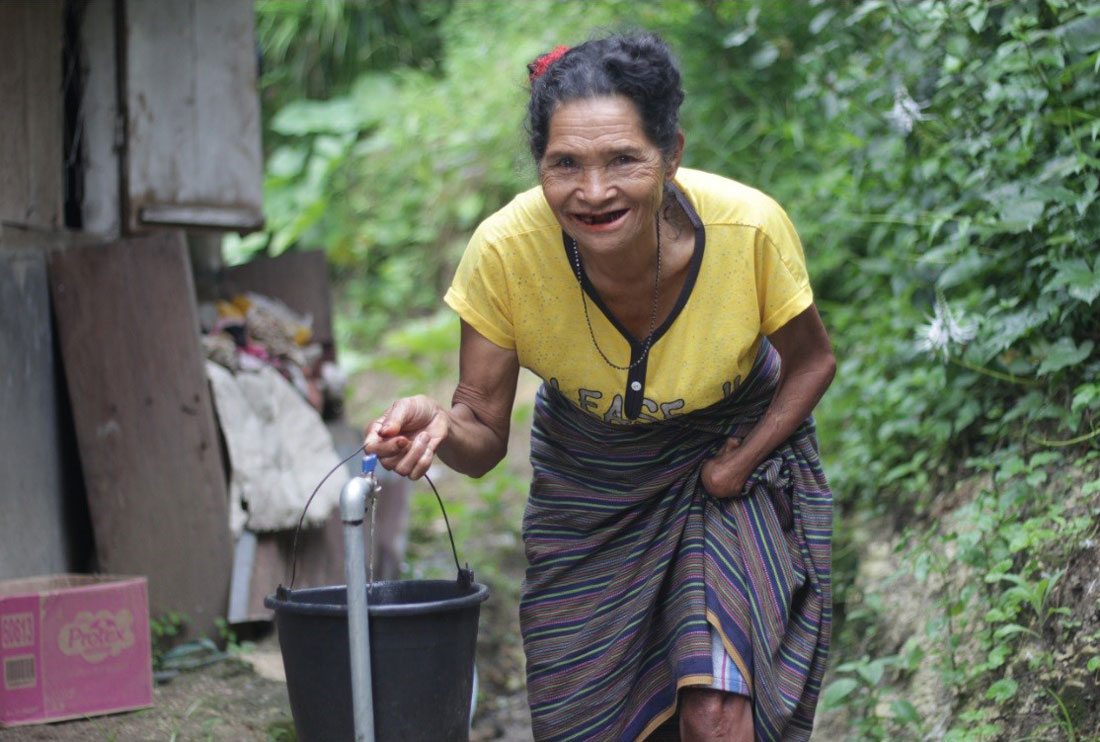Water is a most precious resource.
We all need water to survive; as do all the systems we rely on: agriculture, healthcare, business and industry.
Yet today, one in three people — around 2.2 billion — live without safe drinking water.
This year, the theme for World Water Day is ‘Water and Climate Change’.
Climate change primarily impacts through the water cycle with elevated temperatures, increasing variability and unpredictability of water resources and slow onset and extreme weather events. These will have significant effects on human development and security.
The sustainable and efficient use of water is critical in building resilience to climate change. Poor and marginalised people are much more likely to suffer the consequences of climate change. Adapting to the impacts of climate change on water resources will help to protect health and save lives.
Furthermore, hygiene, including hand washing with soap is essential to reduce transmission of microbes including viruses such as COVID-19. Without safe water in ready supply, appropriate sanitation and hygiene practices to reduce disease are very difficult or impossible.
On World Water Day, we recognise the importance of balancing all of society’s water needs while ensuring the most vulnerable don’t get left behind.
Australia’s flagship water, sanitation and hygiene (WASH) program, the Water for Women Fund, which runs from 2018 to 2022, works in 15 countries in South Asia, Southeast Asia and the Pacific to support socially inclusive and sustainable WASH services. This includes a range of activities to strengthen climate resilience.
In Indonesia, through Water for Women, Australia partners with Plan Australia, Plan Indonesia, research partners the Institute for Sustainable Futures, University of Technology, Sydney and other local partners to reach 450,000 people in Manggarai and Sumbawa districts in Eastern Indonesia, including the most marginalised, like Grandma Ne.
Kornelia, or Grandma Ne as her community calls her, is 68 years old and living by herself in Wae Codi Village, Manggarai district, Indonesia. Grandma Ne has a physical disability affecting one of her hands, but she doesn’t let this prevent her from doing her daily activities and weaving,
One of Grandma Ne’s biggest struggles is collecting water. During the dry season, a minimum of two trips per day take her almost an hour each time, navigating a difficult mountain path with her two jerry cans full of water — just to meet her basic water needs each day. This is made even harder by her disability.
“No one really ever included me in this kind of activity before and asked about my problems.”
Her district is also suffering from more frequent climate change hazards such as drought, flooding and landslides.
To understand how climate change affects people differently and how this project can better support them, Plan is partnering with research organisation, the Institute for Sustainable Futures (ISF) as part of a WfW Fund research grant to explore this — specifically, how climate change impacts water and sanitation services with a focus on gender and social inclusion outcomes.
As part of the research, Grandma Ne has participated in a safety audit activity to explore the accessibility of WASH services.
Grandma Ne’s story is important, because if we don’t understand her needs and ensure she is supported, then we are not reaching everyone in the community.
Read the full story about Grandma Ne.

